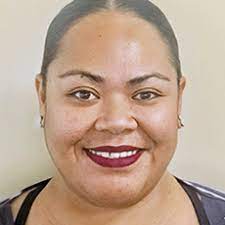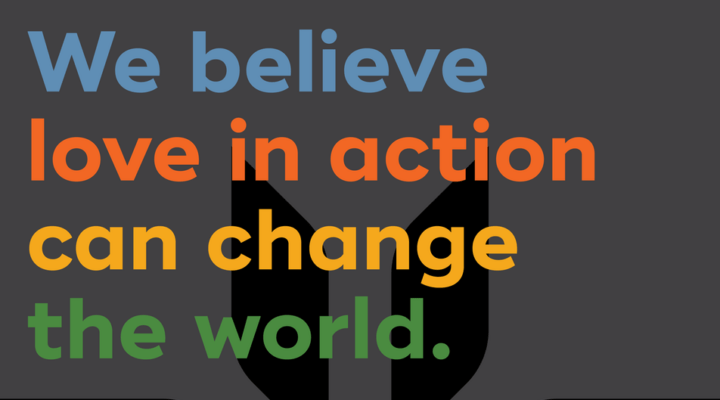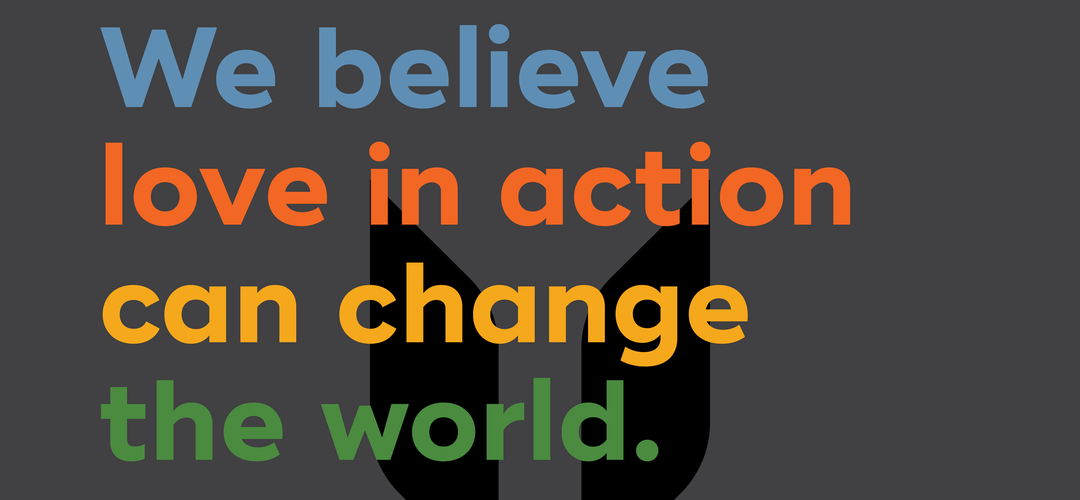United Methodist Women, a venerable Methodist women’s mission agency for more than 150 years, announced March 3 that it has rebranded itself United Women in Faith in hopes of attracting new, younger members and surviving the denomination’s decline and fall.
Announced via Facebook video and a subsequent online panel, United Women in Faith’s unveiling came on the same day that dissident traditionalists set May 1 to launch a new denomination and organizers of the United Methodist Church’s worldwide legislative assembly announced they were postponing the conclave for a third time to 2024.
The announcement also came on the third day of Women’s History Month, which the spokeswomen said was an intentional link to the organization’s legacy. United Methodist Women traces its lineage back to 1869, when a group of eight Methodist women in Boston dispatched Clara Swain to India to provide health care for women who weren’t allowed to see male doctors.
Because of its rich history, leaders and staff encouraged current members to embrace the latest changes as a natural evolution of the mission organization. They also promised that while programs are being updated, the organization’s core mission to care for the welfare of women, children and youths will remain.

‘Ainise ‘Isama’u
‘Ainise ‘Isama’u, United Women in Faith board president, noted that over its history, the organization has undergone 25 name changes along with continuous adaptation of its programs and operations to meet changing times. While the timing of the announcement took some by surprise, a news release issued the day prior to the official launch said the mission agency had conducted research, focus groups and interviews among 24,000 women across the denomination since 2016.
During the online panel, the organization’s “transition officer,“ Sally Vonner, said the UMW board of directors decided to go ahead with rebranding despite two delays of General Conference, the church-wide legislative assembly. Vonner said the corporate name of the organization will continue to be United Methodist Women “doing business as United Women in Faith.” She likened the change to a similar move some years ago by the United Methodist General Board of Pension and Health Benefits, which now operates under the name Wespath Benefits and Investments.
In addition to updating its programs and operations, Vonner said the agency’s directors were motivated by a strong desire for women’s mission efforts to remain connected despite “whatever may happen” with a possible split of The United Methodist Church. She said the parent agency of United Women in Faith will continue to be governed by the denomination’s Book of Discipline, which currently mandates that each local congregation must have a United Methodist Women’s unit, although not all of them do. Local women’s units will be encouraged to adopt the name United Women in Faith, although they won’t be compelled to make the change, she said.
Attracting new, younger members also motivated the changes, Vonner acknowledged. Once numbering more than 1 million members worldwide, UMW membership has dwindled to half that today.
“We found that women knew about United Methodist Women and its work, yet they couldn’t see themselves as UMW members,” Vonner said during the online program. The name United Methodist Women gave a perception that we’re all older women, less flexible to younger women, and didn’t align with what women of faith were seeking, even though all our members have a passion to see women, children and youth thrive.”
A news release in advance of the March 3 events cited other innovations coming throughout 2022:
- A new, easier-to-navigate website, org, has a homepage designed to “pique” new women’s interest in the group’s mission work. A special portal will come online later this year where members may access additional resources.
- A new “all-access” national membership option will allow women to join UWF independently without having to belong to a United Methodist congregation.
- Soul Care Retreats, a pilot recruitment program for members and their nonmember friends and new members, will focus on nurturing women’s bodies, minds and spirits.
- Innovations to Mission u, the organization’s longtime spiritual growth and transformative education program, will introduce new curricula each year — one for children, one for youth and one for adults — all focused on a shared biblical theme. The new Mission u curricula will be more adaptable for use in small groups, local churches, vacation Bible schools, retreats and other settings.
- More targeted giving options will be available along with new interactive online resources for members.
Historically, United Methodist Women has been one of the most politically active agencies in The United Methodist Church, often drawing heavy criticism from conservative factions for its progressive stances. For example, in the 1950s UMW’s predecessor body, the Woman’s Division, funded the work of attorney Pauli Murray, whose documentation of Jim Crow laws in the United States laid the legal groundwork for the Civil Rights movement. Since then, UMW has been a staunch supporter of women’s rights, civil rights and the rights of LGBTQ people in both society and church. The latter stance put UMW at odds with The United Methodist Church, which declares homosexual practice to be “incompatible with Christian teaching.”
Previously UMW was a unit of the General Board of Global Ministries, the official United Methodist mission agency. Seeking to free itself from governance and financial constraints, the organization successfully gained independent status in 2012. Its denominational headquarters is located in New York City at 475 Riverside Drive, the skyscraper known as “The God Box” because of the many church-related agencies that have offices there.
“I’m confident our members will be excited about these changes,” said UWF board president ‘Isama’u. “Together we are creating more opportunities for engagement with more women through new programs and updates of long-standing programs that embody our core values. Things change. People change. But God remains, and that continues to be the purpose behind everything that we do in this organization.”
Related articles:
Who will carry on United Methodism’s legacy of service and community? | Opinion by Cynthia Astle


